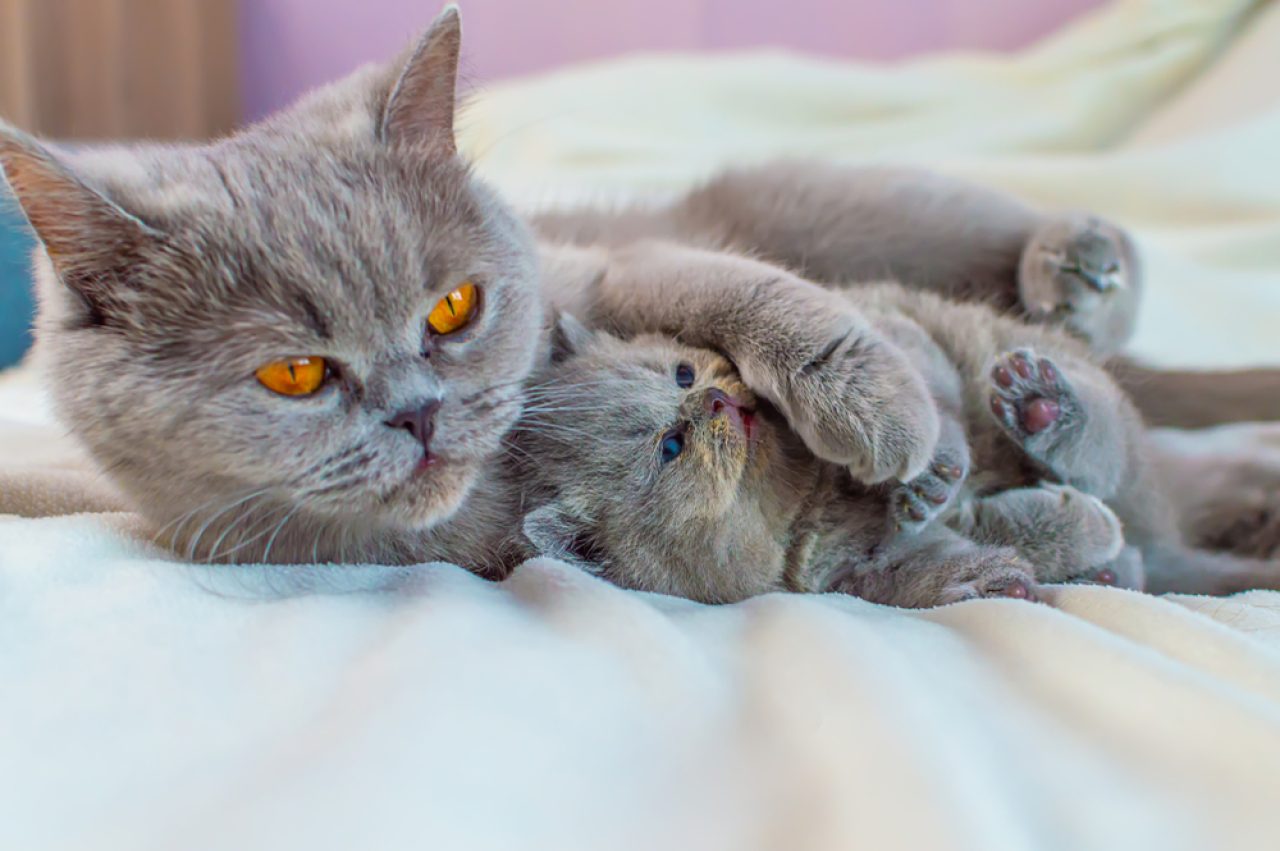A kitten can go without food for around 24 to 48 hours. Kittens are known to have a ravenous appetite, and it is not uncommon for them to eat frequently throughout the day.

However, there may be instances where kittens have to go without food for a certain period of time. This could be due to various reasons such as illness, lack of appetite, or sudden changes in their diet. So, it’s essential to know how long kittens can survive without food.
The answer to this question might vary depending on the kitten’s age, weight, and overall health. In this article, we will explore the several reasons a kitten might go without food, how long they can survive, and what to do if your kitten isn’t eating.

Credit: catschef.com
Understanding A Kitten’s Nutritional Needs
Kittens need proper nutrition for their growth and development. The ideal food requirements for kittens include high protein, fat and other nutrients. A kitten may suffer from various health issues and developmental delays without adequate nutrition. Inadequate nutrition can lead to weakened immune systems, poor growth, and a shorter lifespan.
Therefore, it is important to feed your kitten regularly and with a balanced diet. A kitten can go without food for a few hours, but it is not recommended to withhold food for a long period. A kitten must eat several small meals throughout the day to maintain energy levels.
It is important to consult with a veterinarian to determine your kitten’s specific nutritional needs to support its healthy growth and development.
How Long Can A Kitten Survive Without Food?
Kittens need food frequently for growth and energy. If a kitten does not eat for more than a day or two, it can lead to dehydration, hypoglycemia, and even death. The length of time a kitten can go without food is influenced by factors such as age, weight, health, and activity level.
Kittens can survive for a short time without food, but it is crucial to provide them with proper nutrition to ensure their safety and health. A kitten experiencing prolonged food deprivation can lead to permanent organ damage, weakened immune system, and stunted growth.
It is imperative to consult a veterinarian if a kitten is not eating for an extended period to avoid any fatal consequences.
Identifying Signs Of Hunger And Malnutrition In Kittens
Kittens can’t go without food for too long. Spotting changes in behavior or physical symptoms in your kitten can help you identify if they’re hungry or suffering malnutrition. Crying or whining, lethargy, and lack of movement, are some of the behavioral indicators that your kitten might be hungry or malnourished.
Fur discoloration, weight loss, and slow growth are some physical signs of insufficient nutrition. Understanding the difference between temporary hunger and chronic malnutrition can help you take appropriate actions. It’s imperative to keep your kitten well-fed and healthy to avoid malnutrition-related health problems.
Steps To Take When Your Kitten Refuses To Eat
It’s not uncommon for a kitten to refuse food, but it’s important to address this behavior before it leads to health problems. To start, try to identify the reason for your kitten’s feeding problem. It could be due to a change in diet, stress, or illness.
Next, use creative methods to encourage your kitten to eat, such as warming up the food or offering treats. If these strategies don’t work, it may be time to visit a veterinarian. An expert can provide advice on kitten nutrition, diagnose any underlying health issues, and suggest a feeding plan.
Remember that a kitten can only go a few days without food, so taking action quickly is crucial to their well-being.
Frequently Asked Questions
How Long Can A Kitten Go Without Food?
Kittens can last for only a day or two without food, so it’s important to ensure they eat regularly. If a kitten is not eating or drinking for longer, it’s important to seek medical attention.
What Happens If A Kitten Doesn't Eat For Too Long?
If a kitten doesn’t eat for too long, their body will start to break down muscle tissue and use it for energy. This can cause a host of health problems, including hepatic lipidosis and dehydration.
Can I Force-Feed A Kitten If They're Not Eating?
No, it’s not recommended to force-feed a kitten. Instead, try enticing them to eat with a different type of food or consult a veterinarian for advice on handling the situation.
How Long Can A Kitten Go Without Milk?
Most kittens only need milk from their mother for the first 4-6 weeks. After that, they should be able to transition to solid food without any issues.
What Are The Signs That A Kitten Is Not Eating Well?
Signs that a kitten is not eating well may include lethargy, refusing to eat or drink, losing weight, and vomiting. If you notice any of these signs, it’s important to seek medical attention for the kitten.
Conclusion
After discussing how long a kitten can go without food, we can conclude that it is a sensitive issue that requires immediate attention from pet owners. Kittens have small bodies and can easily become dehydrated or hypoglycemic if they don’t eat for a long time.
As responsible pet owners, we should be extra careful and monitor our kitten’s eating habits. We must ensure that they have access to fresh water and high-quality food. In case of emergency, we must seek veterinary assistance immediately. We can ensure our kitten’s well-being and happiness with careful attention and proper care.
It is also essential to remember that nutrition plays a vital role in a kitten’s development. So, let’s provide a balanced diet and take good care of our beloved pets to witness their growth into healthy, happy cats.












GIPHY App Key not set. Please check settings